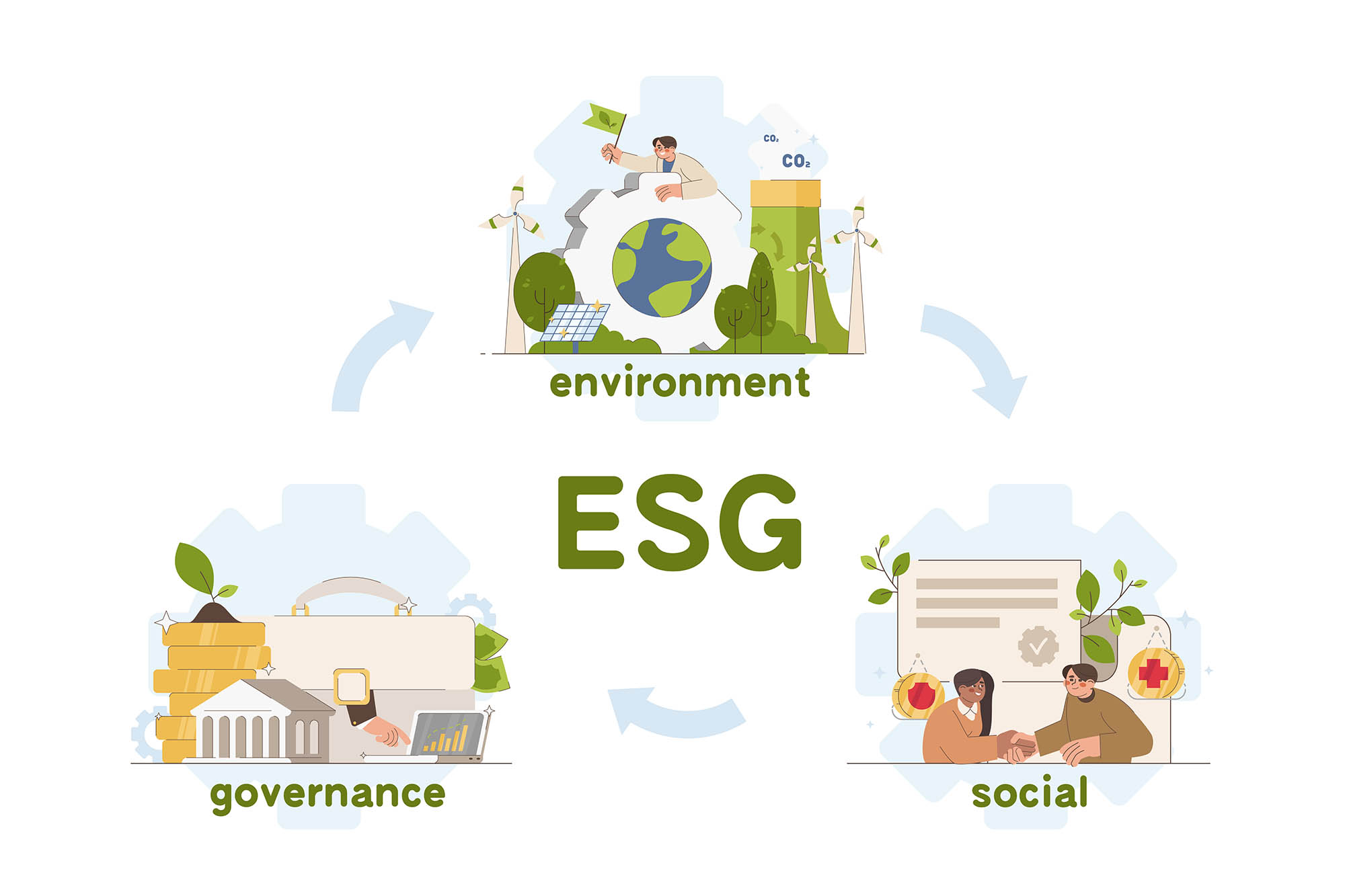Running a successful business is not just about profits; as we emerge from the Covid-19 pandemic, there is an increased focus on how businesses can help us build back more responsibly and sustainably. According to 2021 data from PWC, 83% of consumers think companies should be actively shaping environmental, social and governance (ESG) best practices, and 86% of employees prefer to support or work for companies that care about the same issues they do. Responsible and sustainable business is also a growing trend for investors, with $51 million invested in ESG-impacts funds in 2020, more than double the amount invested the previous year.
These stats demonstrate how stakeholders across the board have a heightened interest in ESG and why responding to this interest has become vital to thriving in the post-pandemic world.
The meaning of ESG
ESG refers to a method of measuring businesses against environmental, social, and governance performance alongside financial return. Not only does this help keep businesses accountable, but an increasing number of investors are using these metrics to invest responsibility whilst making a profit. These factors are defined under three pillars:
- Environmental criteria refer to a company’s effect on nature through waste and pollution management, attitude toward climate change, and environment-related policies.
- Social criteria evaluate how a company manages its relationships with stakeholders, and its support for social causes. This may include gender equality, racial diversity, and fair and inclusive hiring practices.
- Governance criteria look at transparency in accounting, corporate integrity, and diversity in the executive committee and board of directors. It also refers to the relationship between a corporation and its shareholders.
The difference between ESG and CSR
There are some similarities between ESG and CSR principles, as they are both concerned with how a business impacts the environment and society. However, the fundamental difference is that CSR is a model used by a company to hold itself accountable and generally affects internal operations and culture. In contrast, ESG is a measurable set of standards for evaluating a company’s impact and investment potential.
Although there has been some criticism that funds, products, and assessment services dedicated to ESG only serve the industry’s growth rather than bring significant environmental or social benefits, it continues to be the standard against which many stakeholders judge a business’s role in the world.
To meet the interests and expectations of your customers, employees, and investors, your organisation must communicate its unique set of responsible and sustainable values clearly and effectively.


